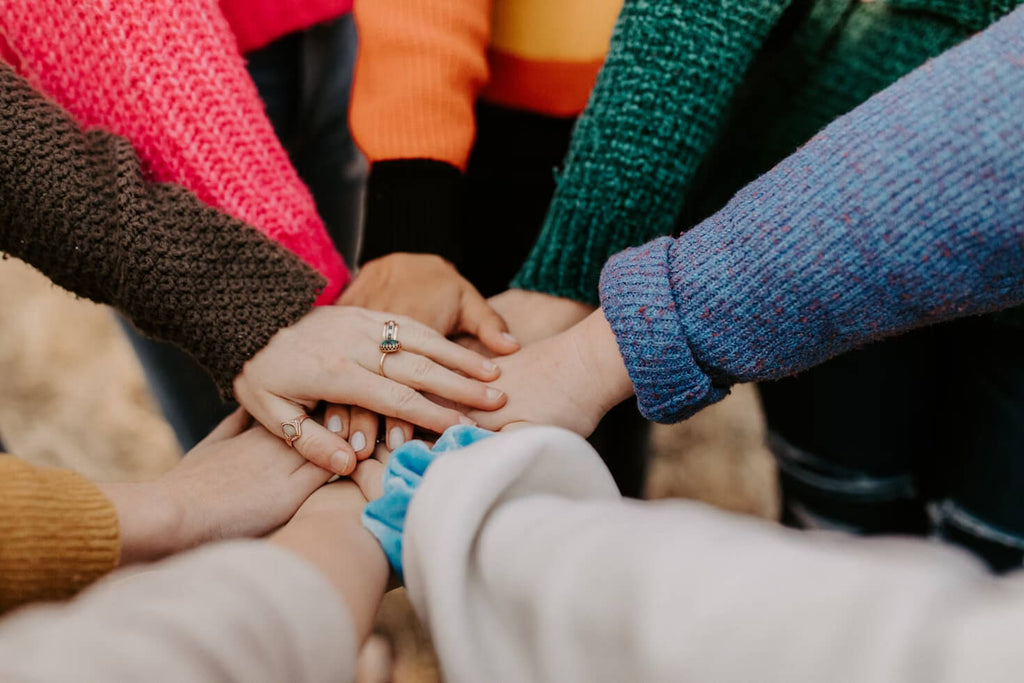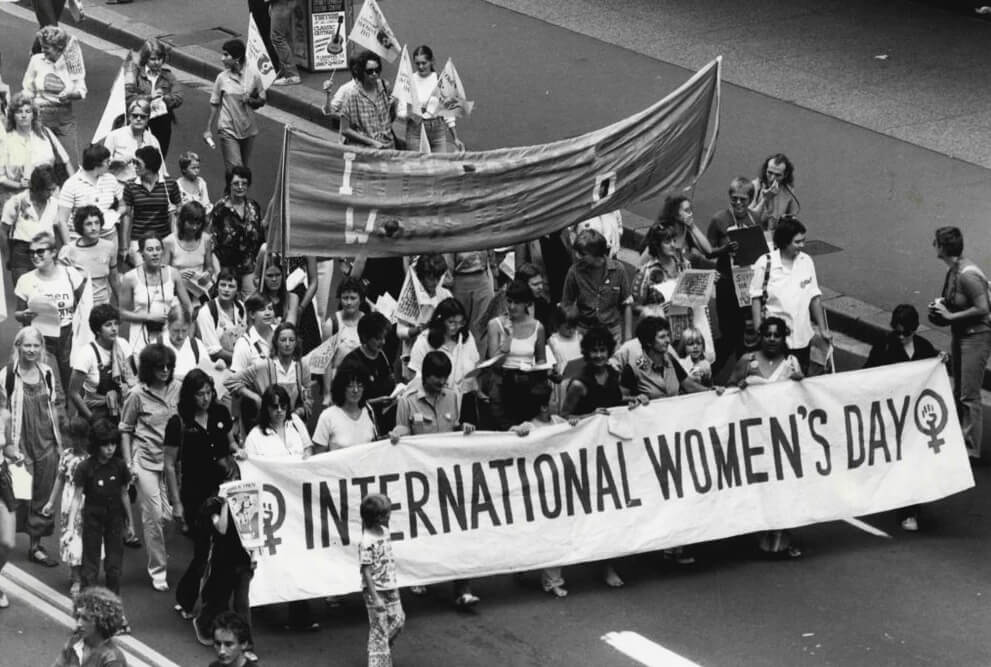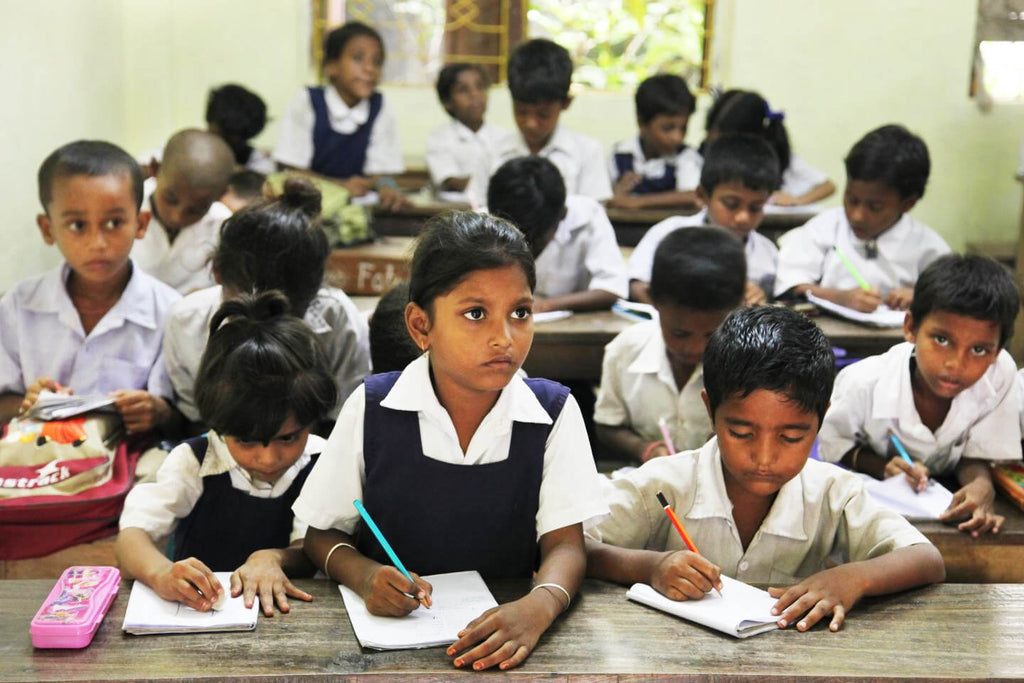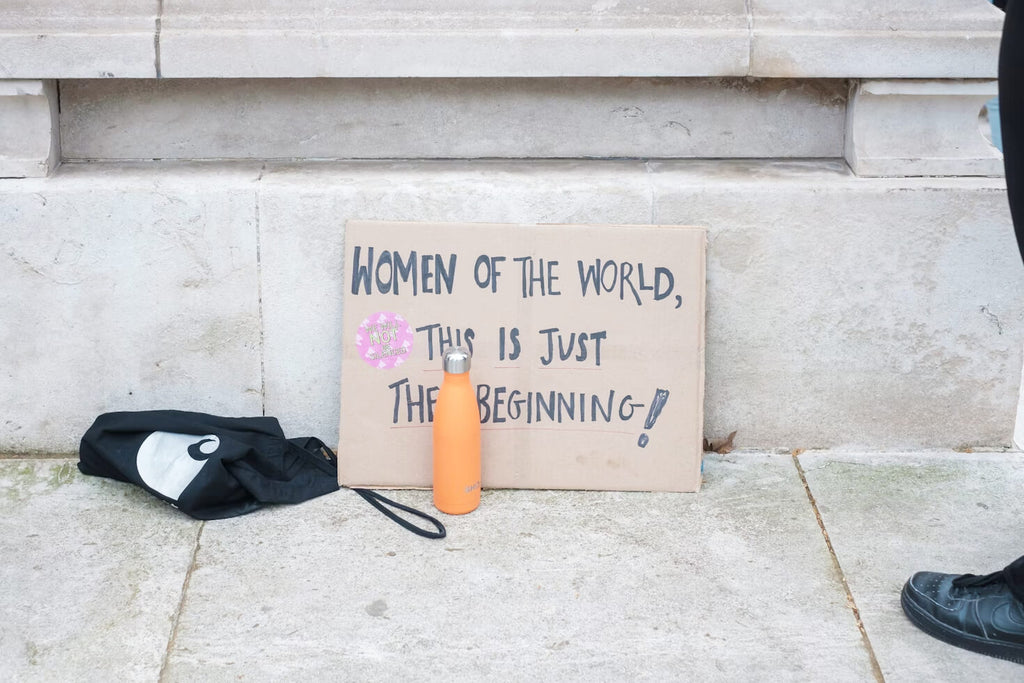Empowering Women: Celebrating International Women's Day
Happy International Women's Day! Today, we commemorate the achievements, progress, and resilience of women around the world. International Women's Day serves as a call to action and a reminder of the continuous fight for gender equality in addition to being a day of celebration. In this blog, we will delve into the history of Women's Day, the importance of empowering women, and the strides made towards a more equitable world.

Historical Background:
International Women's Day traces its roots to the early 20th century, originating from labor and socialist movements. The first official celebration took place in 1911, marking a pivotal moment in the fight for women's rights, including suffrage and the right to work. Over the years, it evolved into a global event to acknowledge and advocate for gender equality. Each year's theme reflects the current challenges faced by women worldwide, reminding us of the ongoing work needed to achieve true equality.
The historical journey of Women's Day mirrors the resilience and determination of women throughout history. From the suffragettes fighting for the right to vote to modern-day activists advocating for reproductive rights and equal pay, women have consistently stood up against oppression, paving the way for future generations.

Empowerment Through Education:
Education stands as a powerful tool for empowering women, offering them opportunities to break free from the chains of inequality. Progress has been made, with more women pursuing higher education and entering traditionally male-dominated fields. Efforts to bridge the gender gap in education have borne fruit, contributing to the success of women in diverse fields, ranging from science and technology to arts and business.
In the realm of education, there's a growing acknowledgment that gender bias must be eradicated. Schools and universities are focusing on fostering environments that encourage girls to pursue STEM (Science, Technology, Engineering, and Mathematics) subjects, traditionally dominated by men. Initiatives promoting mentorship programs and scholarships for women in underrepresented fields are making strides in breaking down barriers.

Economic Empowerment:
A crucial aspect of fostering gender equality is economic empowerment. While the participation of women in the workforce has increased, challenges persist. Wage gaps, discriminatory practices, and limited access to entrepreneurial opportunities hinder the full realization of women's economic potential. Initiatives supporting equal pay, women entrepreneurs, and inclusive workplaces are vital steps toward ensuring economic empowerment for all women.
Recent years have seen a surge in movements advocating for equal pay, with companies being held accountable for gender disparities. Governments and organizations worldwide are implementing policies and initiatives to bridge the pay gap, creating a more equitable work environment. Additionally, the rise of women-led startups and businesses is a testament to the entrepreneurial spirit of women, breaking traditional molds and contributing to economic growth.

Societal stereotypes and expectations often limit women's choices and opportunities. International Women's Day serves as a platform to challenge and dismantle these stereotypes. Women have consistently proven their ability to excel in any field, breaking barriers and paving the way for future generations. By celebrating diverse achievements and highlighting women who defy stereotypes, we contribute to reshaping societal perceptions and fostering inclusivity.
Media representation plays a crucial role in perpetuating or challenging stereotypes. Initiatives promoting positive portrayals of women in media and advertising are gaining momentum, influencing how society views and values women. The push for diversity in the entertainment industry, both in front of and behind the camera, is essential for breaking down stereotypes and showcasing the multifaceted nature of women.

Health and Well-being:
Women's health remains a significant aspect of the gender equality conversation. Access to healthcare, reproductive rights, and mental health support are critical components of women's well-being. Addressing these issues ensures that women can lead healthy, fulfilling lives. Advocacy for comprehensive healthcare policies and destigmatizing conversations around women's health contributes to a more equitable society.
Efforts to prioritize women's health involve not only ensuring access to quality healthcare but also dismantling taboos surrounding reproductive health. Open conversations about menstruation, family planning, and other aspects of women's health contribute to breaking down barriers and empowering women to make informed choices about their well-being.

Global Challenges:
While progress has been made, significant challenges persist on a global scale. Gender-based violence, discrimination, and the lack of representation in decision-making processes are persistent issues that demand urgent attention. International Women's Day provides a platform to address these challenges, fostering a collective commitment to creating a world where every woman can live free from violence and discrimination.

The global nature of these challenges necessitates international collaboration and advocacy. Organizations, governments, and individuals worldwide must work together to implement policies and initiatives that protect women from violence, dismantle discriminatory practices, and ensure equal representation in all spheres of life. Platforms that amplify the voices of women who have experienced injustice play a crucial role in raising awareness and driving change.
Facts about International Women's Day:
Amidst the festivities, it's essential to delve into some enlightening facts about International Women's Day. The day itself has evolved significantly since its inception in the early 20th century. Originally focused on labor movements and suffrage, it has transformed into a global celebration of women's achievements, a call for gender equality, and a platform for advocating women's rights. Understanding the historical context of Women's Day adds depth to the celebrations and reinforces its importance in the ongoing fight for gender equality.

Celebrating Achievements:
On this International Women's Day, let's celebrate the achievements of women who have paved the way for progress. From trailblazing scientists and leaders to artists and activists, women have made significant contributions to society. Recognizing and honoring these accomplishments inspires future generations and reinforces the importance of equality and diversity.
The celebration of women's achievements extends beyond individual success stories. It involves acknowledging the collective accomplishments of women's movements worldwide. From the suffragette movements of the early 20th century to the contemporary #MeToo movement, women have consistently organized and mobilized for change. These movements have sparked conversations, influenced policies, and challenged the status quo, contributing to the progress we see today.
The Role of Men in Gender Equality:
Gender equality is not solely a women's issue; it's a societal matter that requires the active involvement of everyone, including men. Men play a crucial role in challenging and dismantling patriarchal norms, advocating for equal opportunities, and fostering supportive environments. By being allies in the fight for gender equality, men contribute to creating a world where everyone can thrive, regardless of gender.
Men's involvement in the gender equality conversation is multifaceted. It involves not only advocating for equal rights but also challenging toxic masculinity and traditional gender roles. Fathers, brothers, and male colleagues can influence change by fostering environments where women feel supported and empowered. Education and awareness campaigns targeting men are crucial for dismantling harmful stereotypes and fostering empathy.
Women's Day 2024 in India: A Cultural Tapestry:
India, with its rich cultural diversity, embraces Women's Day with a blend of tradition and modernity. From traditional dance performances that pay homage to iconic women figures to innovative art installations promoting gender equality, the celebrations echo the country's commitment to honoring and empowering its women. The day serves as a reminder of the progress made and the collective journey towards a more inclusive future.
Retailers, online platforms, and service providers join the festivities by offering special Women's Day discounts and promotions. Whether it's fashion, beauty, technology, or wellness, Women's Day offers provide a unique opportunity for women to indulge in self-care, explore new products, or treat themselves to a well-deserved pampering. Brands often collaborate with influencers and women-led businesses to curate collections that empower and inspire.
As we celebrate International Women's Day, let's reflect on the progress made and the work that lies ahead. Empowering women is an ongoing commitment to creating a world where every woman has the opportunity to reach her full potential. By addressing the challenges, breaking stereotypes, and fostering inclusivity, we contribute to building a more equitable and just society. Together, we can create a future where gender equality is not just a goal but a reality for all. Happy International Women's Day!
FAQs
- What is the significance of International Women's Day?
International Women's Day is a global celebration honoring the achievements of women, advocating for gender equality, and highlighting the ongoing struggle for women's rights.
- How did Women's Day originate?
International Women's Day originated from labor and socialist movements in the early 20th century, with the first official celebration held in 1911.
- What is the theme for Women's Day 2024?
The theme for Women's Day 2024 focuses on celebrating women's achievements, breaking stereotypes, and promoting inclusivity.
- How is Women's Day celebrated in India?
Women's Day in India is celebrated with a myriad of events, including rallies, seminars, cultural performances, and exclusive offers from retailers and service providers.
- What exclusive offers can one expect on Women's Day 2024?
Women's Day offers encompass a range of discounts and promotions across various sectors, including fashion, beauty, technology, and wellness, providing women with unique opportunities to indulge and celebrate.
- What role do men play in Women's Day celebrations?
Men play a crucial role as allies in challenging patriarchal norms, advocating for equal opportunities, and fostering supportive environments for women.
- How can individuals contribute to gender equality on Women's Day?
Individuals can contribute by supporting women-led businesses, engaging in conversations about gender equality, and participating in initiatives promoting inclusivity and diversity.
- Are there any educational events on Women's Day?
Yes, educational institutions often organize seminars, discussions, and workshops on Women's Day to raise awareness about women's empowerment and gender-related issues.
- What is the global impact of Women's Day?
Women's Day serves as a global platform for discussions on women's rights, policy changes, and international collaborations to address challenges faced by women worldwide.
- How can Women's Day be celebrated at the workplace?
Workplaces can celebrate Women's Day by organizing events, acknowledging achievements, and fostering an inclusive environment that promotes gender equality.
- What historical achievements are celebrated on Women's Day?
Women's Day celebrates a range of historical achievements, from suffrage movements to contemporary milestones, recognizing the contributions of women throughout history.
- How has the focus of Women's Day evolved over the years?


